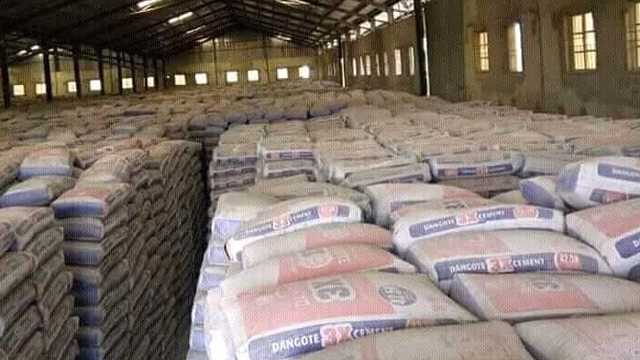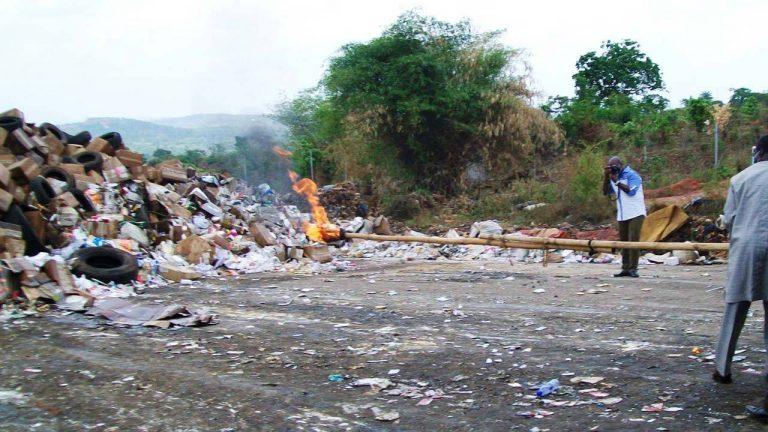Concrete roads: Cement price may reach N9,000 per bag – manufacturers warn
The Cement Producers Association of Nigeria has issued a warning that the federal government’s plans to introduce concrete roads may result in a significant increase in the price of cement, potentially reaching N9,000 per bag, up from the current price of N5,000.
The association has called on the government to address the persistent issue of rising cement prices by promoting greater participation in the cement industry, stressing that Nigerians should not have to pay more than N5,600 per bag.
In a joint statement signed by the National Chairman, Prince David Iweta, and National Secretary, Chief Reagan Ufomba, the association expressed support for the Minister of Works’ stance on cement-made roads but cautioned about potential consequences if the supply side is not adequately addressed.
As a proposed solution, the cement producers have urged the government to prioritize road designs that allow for the concurrent use of both cement technology and asphalt pavement.
They also emphasized the need for a smooth transition period that enables contractors to invest in appropriate equipment and retooling.
The statement explained, “Our findings from various parts of the country show that cement sells for as high as N6,000 per bag in the rainy season. Our prediction is that it will sell for over N9,000 per bag in the dry season, especially with the pronouncement of the Honourable Minister of Works on cement technology and the marching order on housing by Mr. President if the government does not take proactive steps.”
The association also called for the conclusion of the backward integration policy initiated during the late Yar’adua administration, which aimed to improve the availability and affordability of cement in the country.
Furthermore, they urged the government to harmonize fiscal and monetary policies, emphasizing the need for consistency in economic policies.
The statement concluded with a call for government intervention in the foreign exchange market, restructuring of manufacturers’ bad loans, and a review of palliative measures to support the manufacturing sector.







